Gone grey? UK grey fleet reliance exposed in exclusive research
Analysing the findings of the recent Fleet World Grey Fleet Survey in association with Alphabet and the BVRLA.
With all the current uncertainty, plus ongoing changes caused by the adoption of the WLTP test procedure, it‘s no surprise that there’s an increasing trend for employees to take cash rather than a company vehicle.
Fleet World set about finding out how ‘grey fleet’ is affecting business mobility, so with the help of Alphabet and the BVRLA, the Grey Fleet + Mobility survey asked fleet operators for their perspective… And the results make for interesting reading…
The first question set out to gauge the audience, and focused on the size of fleets, with the majority of respondents (44.16%) operating a fleet up to 30 vehicles. This was followed by fleets up to 100 vehicles (22%), while the larger fleets that operate 101-300 vehicles accounted for 13% and fleets with over 300 vehicles representing 21% of respondents.
With the move towards alternative mobility solutions, the survey asked what the make-up of respondents’ fleets were: Job-need or perk vehicles? Unsurprisingly, the majority of responses (76%) showed that job-need vehicles are core for fleets, while perk vehicles made up the remaining 24%. This is interesting given that – in some cases – fleet sizes are increasing (see below), as is the utilisation of grey fleets, implying there’s a growing reliance on grey fleet vehicles to fulfil job-need roles.
Recent provisional BiK statistics for 2017/18, reported by HMRC, indicated a decline in company car drivers by 50,000 year-on-year… but according to the survey results, 47% of fleets have actually increased in size. The percentages of companies whose fleets have decreased in size or stayed the same, are similar at 30% and 23% respectively.
A total of 77% of organisations stated that they currently allow their employees to use their own vehicle (aka. the ‘grey fleet’) on company business. This is despite the question marks over duty of care and the extra potential administrative considerations that ‘grey fleet’ can represent to fleet operators. In contrast, 23% of companies do not allow ‘grey fleet’ employees to drive their own vehicles on company business.
The key question, considering the increase in ‘grey fleet’, is whether fleets are offering cash allowances to employees choosing vehicles outside the company car scheme. The responses back up anecdotal evidence filtering through the fleet industry in the last few years, with 57.14% saying their organisation was offering such a scheme and the remaining 42.86% reporting that their organisation did not offer cash allowances.
Bearing in mind the above, the survey also asked whether the number of cash allowances has increased over the last five years. The responses indicated a resounding ‘yes’, with 58% saying cash allowances had increased; 37% stating they had stayed the same; and just 5% saying they had decreased. Clearly, this indicates a move away from the traditional company car towards a cash allowance environment, which may entail CO2 rises as employees pick a car that they like, rather than one based on corporate necessities or reducing CO2-based BiK taxation.
Recent Company Car Tax changes meaning electric vehicles qualify for 0% BiK in April 2020/21 might be just the encouragement corporate fleets need for mass adoption. However, according to the survey results 75% of respondents have not yet put in place any policies to specifically encourage cash allowances for ‘green’ vehicles. On the flip side, 25% are offering cash allowances that could encourage EV uptake.
Interestingly, despite an increase in cash allowances for employees choosing vehicles outside the company car scheme, 56% said they hadn’t changed their policy on ‘grey fleet’ in the last five years.
Of the 44% who said they had changed their company car policies, pool vehicles were the most popular alternative at 64%, followed by short-term rental at 42%, car sharing 24% and, finally, just 18% are offering mobility credits.
Looking at those questioned who hadn’t changed their ‘grey fleet’ policy in the last five years, of the choices offered, pool vehicles were the most popular solution at 49%, followed by short-term rental at 41%, then car sharing at 34%, and finally mobility credits at 20%.
According to the survey results, cash allowances for those who choose vehicles outside the company car scheme are popular, but the same cannot be said of Personal Contract Hire (PCH) schemes. 60% of respondents stated that they are not considering moving to or offering a PCH scheme to employees, with 26% saying they may consider it as an option, and the remaining 14% indicating that they would definitely consider such a scheme.
Finally, when asked what policies and procedures our respondents have in place to control costs and reduce fleet risk, the majority cited telematics, licence checking and driver training as key to the future streamlining of their fleet operations.
In summary
The Grey Fleet + Mobility survey results showed cash allowances are the most popular alternative to company vehicles – although there still seems to be some resistance to encouraging staff to use cash allowances for greener vehicles, despite the potential benefits they can bring certain job-need fleets.
The majority of respondents had up to 30 job-need vehicles in their fleet, which has grown in the last five years. It’s reassuring that nearly half of respondents have increased their fleets but worrying that the majority are now running grey fleets – further FW research will look at what risk management policies and procedures are in place to mitigate potential risks. Also, it is worth noting that the results back up provisional HMRC data in showing increased popularity of cash allowances but, moving forward, fleets need to beware lack of controls, including on CO2 emissions, and that they may also may fall foul of OpRA rules.




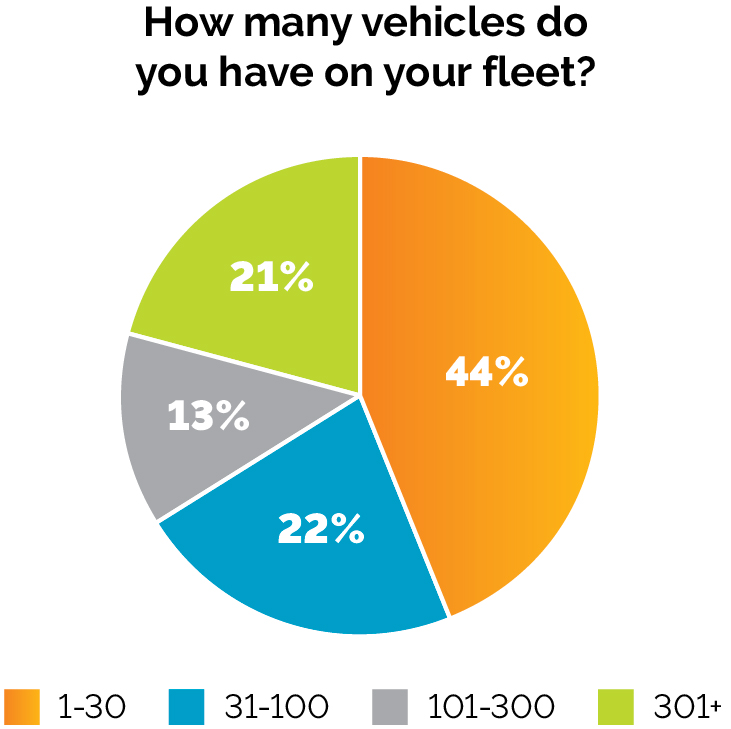
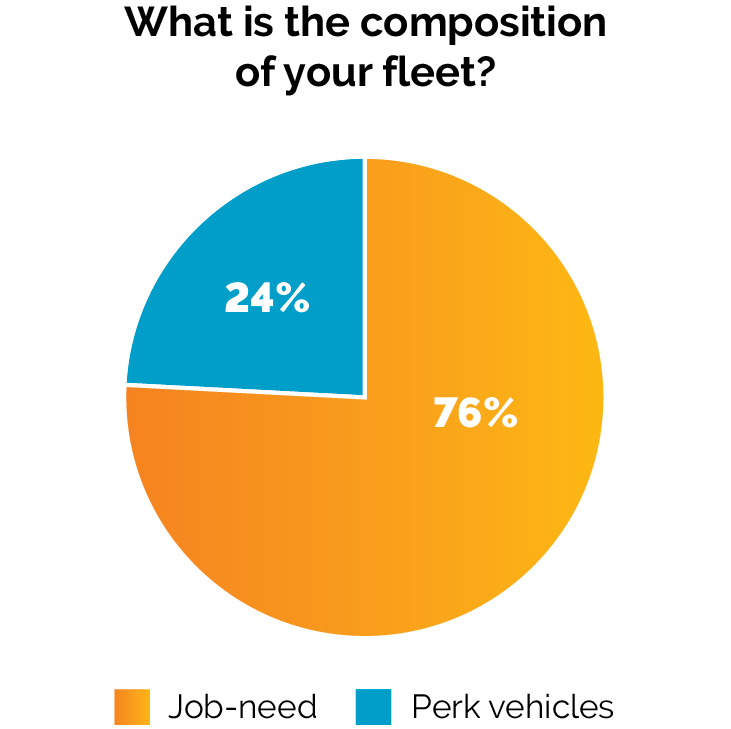
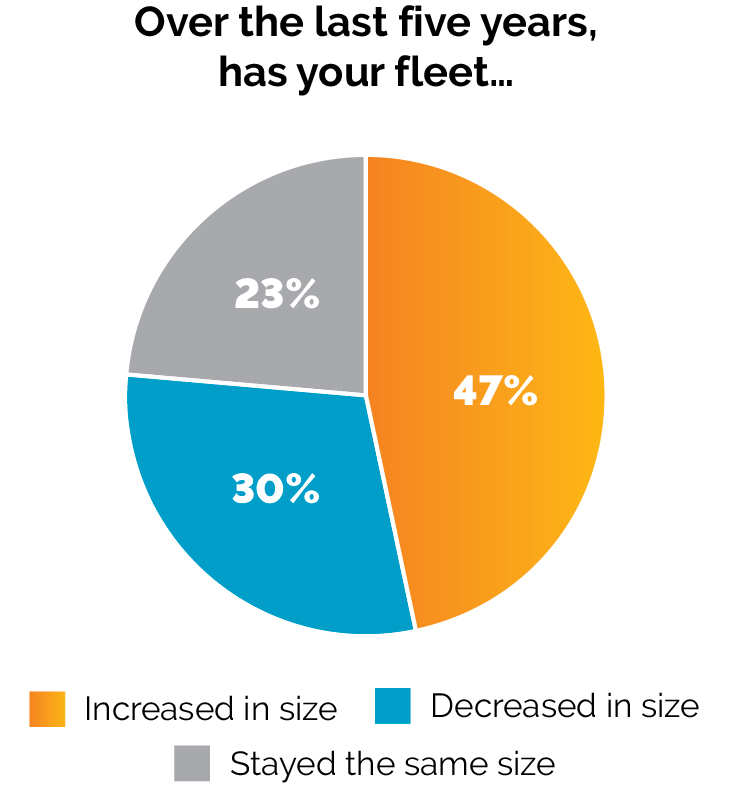
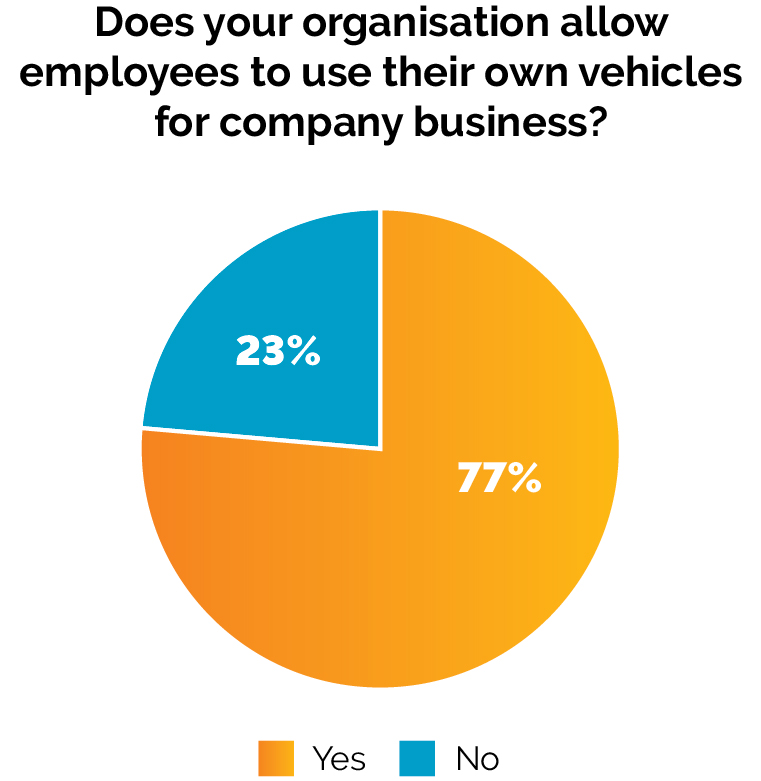
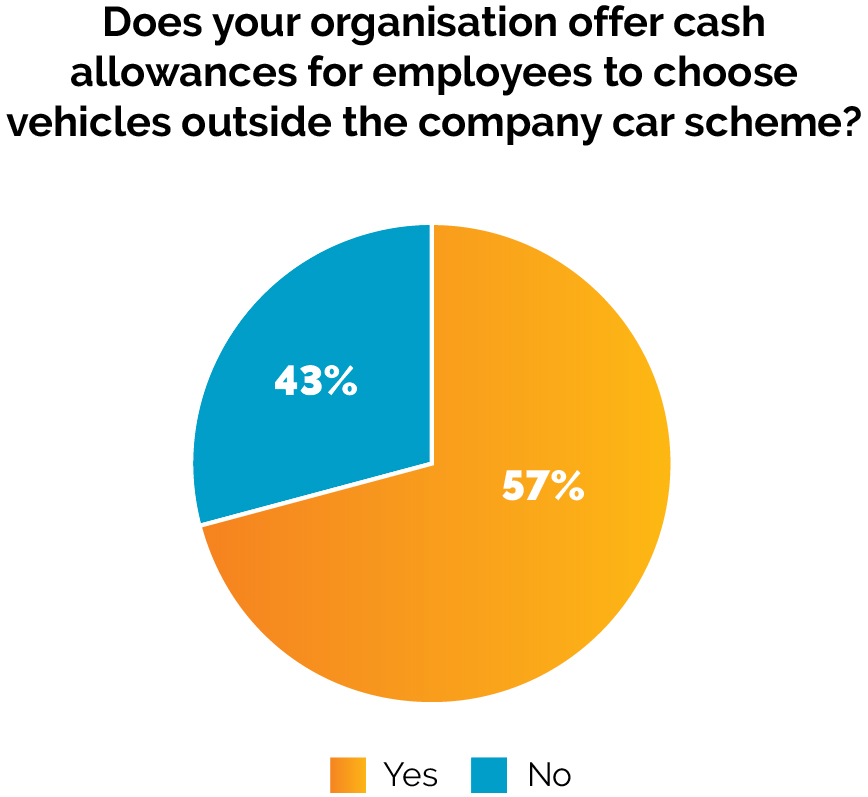

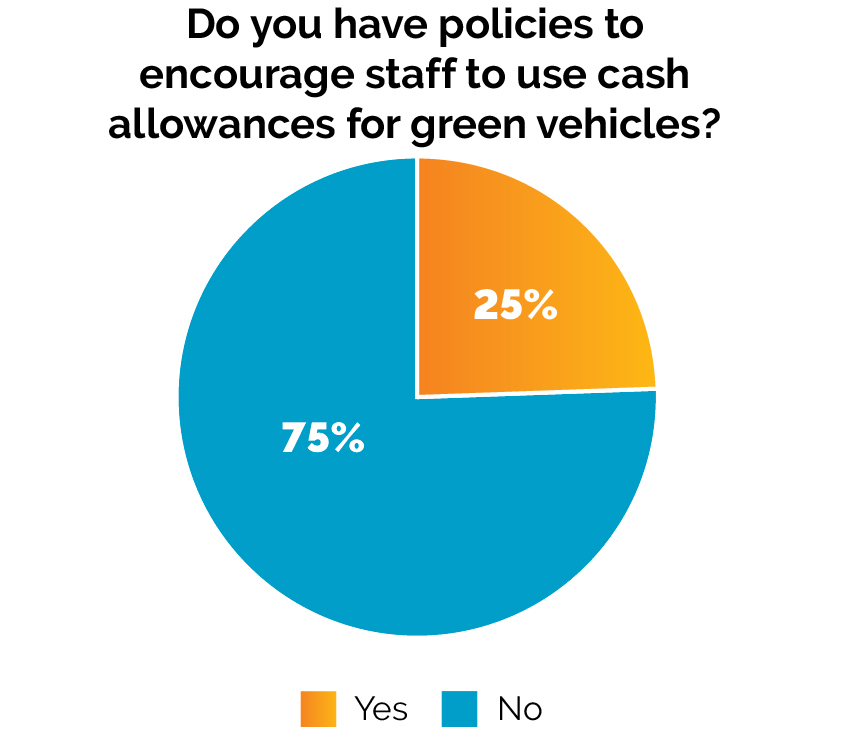
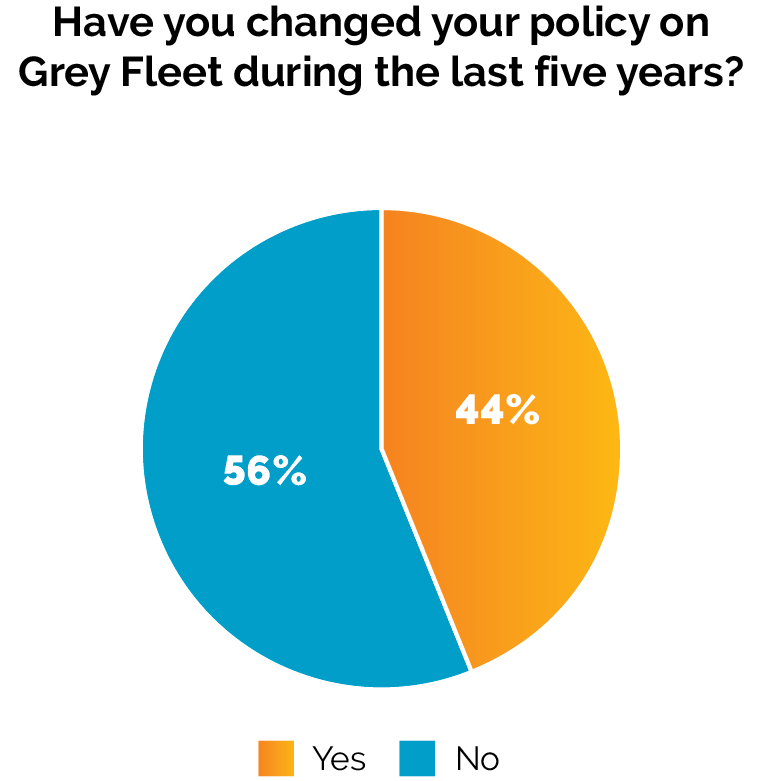
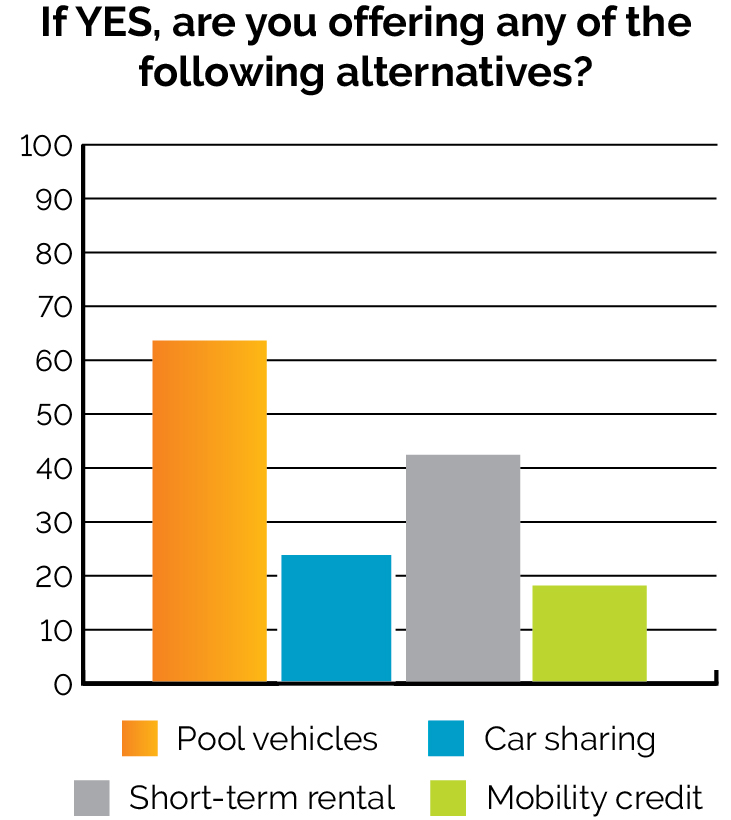
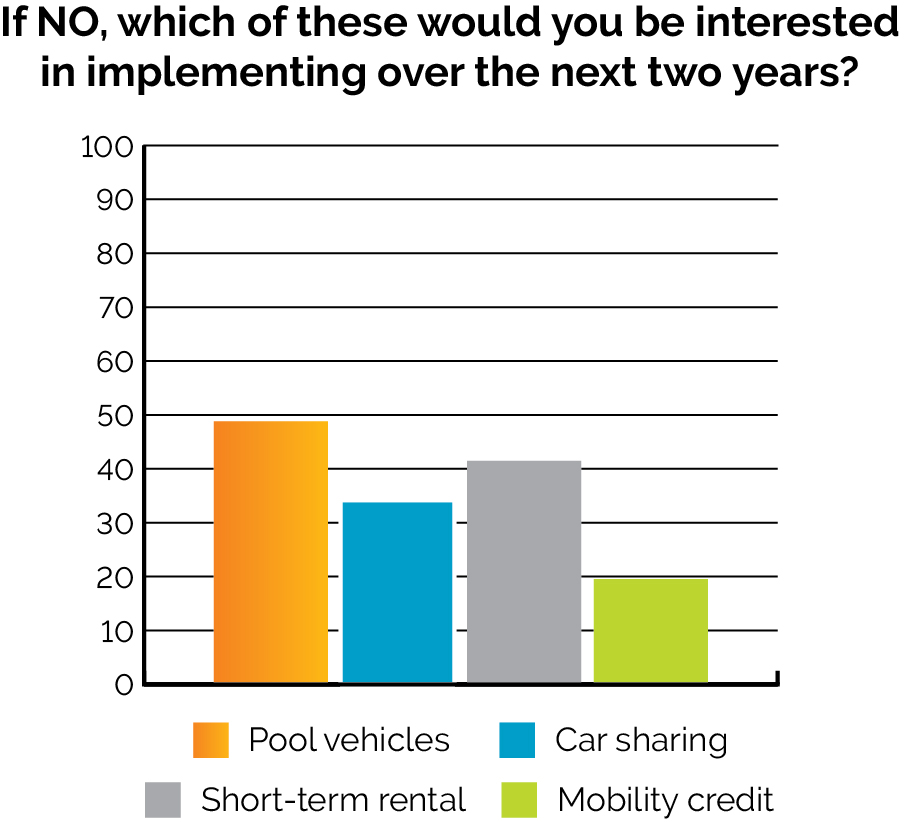










Mark Robbins16. Sep, 2019
Good article with great insight but ultimately no real surprises around business’s motivation to move away from grey fleet!